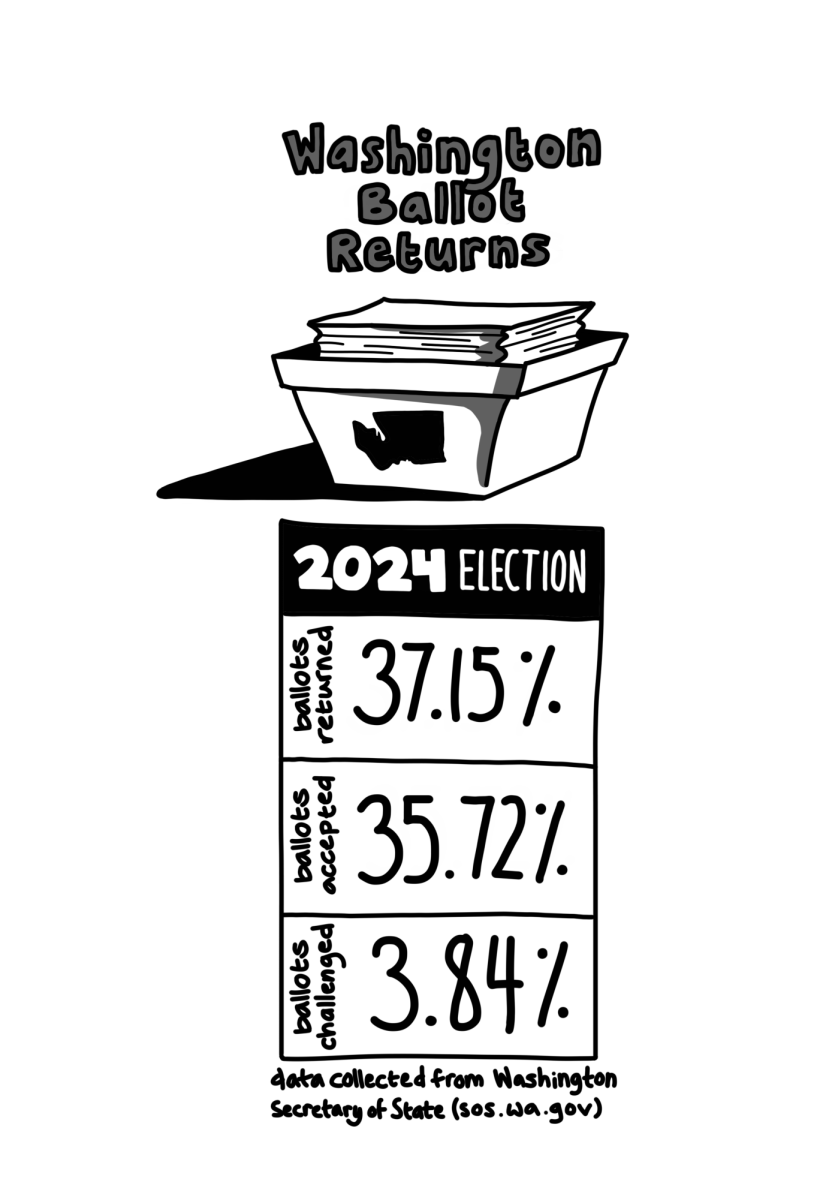by Gayle Chung
Whether or not their actions are well-known, Whitman Direct Action (WDA) is a campus group to remember.
Last summer they built a house in Nicaragua. This summer they went to Central America to foster sustainable community development by hosting biodiesel conferences, workshops and forums and helping establish biodiesel cooperatives and communities. Although the leaders of the project, Joseph Bornstein and Curt Bowen, are from Whitman, the “WDA Crew” was also comprised of students from Stanford University and Claremont McKenna (both of which gave their students grants for the project, while Whitman actively prevented access to grant money given to the students).
But what is biodiesel? “Biodiesel is a fuel produced from new or waste vegetable oil or animal lard and can be run in any diesel engine. In a process called transesterification, these oils are mixed with a base catalyst and an alcohol. The resulting chemical reaction leaves biodiesel and the byproduct glycerol, which can be refined to make a myriad of useful products,” said WDA member Hugo Vargas.
One of the more interesting facts about this project is that the WDA Crew actually drove a 1996 school bus running on biodiesel from Walla Walla all the way through Central America. The biodiesel was either produced in their biodiesel shack in the garage of Whitman alumnus Michael Kirk or donated by Seattle Biodiesel.
After three weeks spent developing technology and working with NGOs and communities in Guatemala, the WDA Crew stopped in Santa Barbara, Honduras to host their first international biodiesel conference at Sustainable Harvest International’s (SHI) demo farm.
“The goal of our biodiesel conferences was to bring the right people together and give them some helpful, synergistic tools. We hoped that by uniting microfinance organizations, NGOs, community leaders, farmers, and students, we could help form a movement to open up new ways for people to live while establishing a vibrant and growing community,” said Bowen. Bornstein said, “Our conferences covered everything from the mechanics of biodiesel processor fabrication to biodiesel’s chemistry. Then we opened up space for people to share ideas and begin planning future biodiesel collaborations.”
After their first conference, WDA member Brook Golling gave a powerful speech arguing that big changes are possible. At the end of his speech, the crowd gave him a standing ovation, and a few attendees jumped up with vigor and gave speeches of their own, calling for unity to end economic imperialism and use biodiesel as means towards social independence.
In addition to hosting the conference in Honduras, WDA also wrote a book. It is over 120 pages long and covers everything needed to understand biodiesel chemistry and mechanics. After Bornstein and Bowen finished writing the book in English, Vargas and Annelle Mendez began the tedious task of translating. “Our biodiesel book represents the best gift I think we gave. Soon it will be on the Internet, and it’s being printed by Nicaragua’s NGO, Servicio de Información Mesoamericana sobre Agricultura Sostenible (SIMAS). Ultimately, the book is a foundation. We hope our conference attendees will experiment, learn more and expand upon it,” said Bornstein.
The second conference was held in Nicaragua’s capital, Managua. Mendez said, “Although both conferences were very similar, one major difference of the Managua conference was that during the forum the attendees decided to have a second workshop where they made biodiesel without our help. They shouted, ‘We can do it without the gringos,’ and then everybody laughed. They apparently hosted it on the nineteenth of August and made biodiesel together.” “That was one of our biggest hopes coming true,” said Bowen, “that through our project we would teach others to be teachers and givers. It means we left our gift in good hands.”
After the conferences, WDA’s work was not over. They went on to found two different biodiesel cooperatives and helped to lay the groundwork for an EcoVillage prototype in Honduras. Bornstein said, “The biodiesel cooperative with SHI works with 70 small family farms in rural Honduras. Each family is planting 1.6 acres of jatropha, which is a very ecologically friendly and oil rich plant. Come harvest season, SHI will produce biodiesel from the jatropha oil using the processor and solar oven we built and gave them. The farmers will be able to use oil from their own crops to fuel their farm equipment and vehicles, sell it as a finished good, and eventually use generators to become electricity independent.”
Finishing each other’s, words Bornstein and Bowen said together, “This project took a tremendous amount of sacrifice to accomplish. And it made us realize our own personal strength. It made us realize that we can overcome fear and apathy. We all have incredible power, but we often find ourselves too afraid to test ourselves and see what we can really do.”







